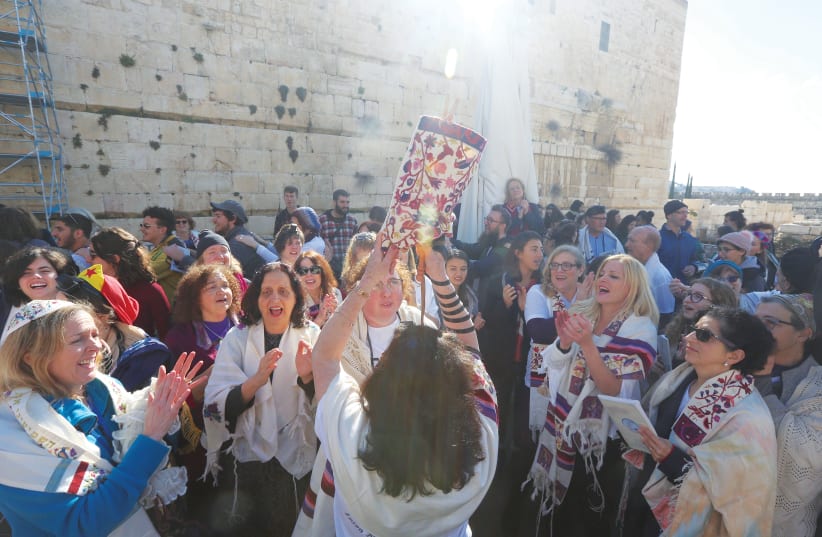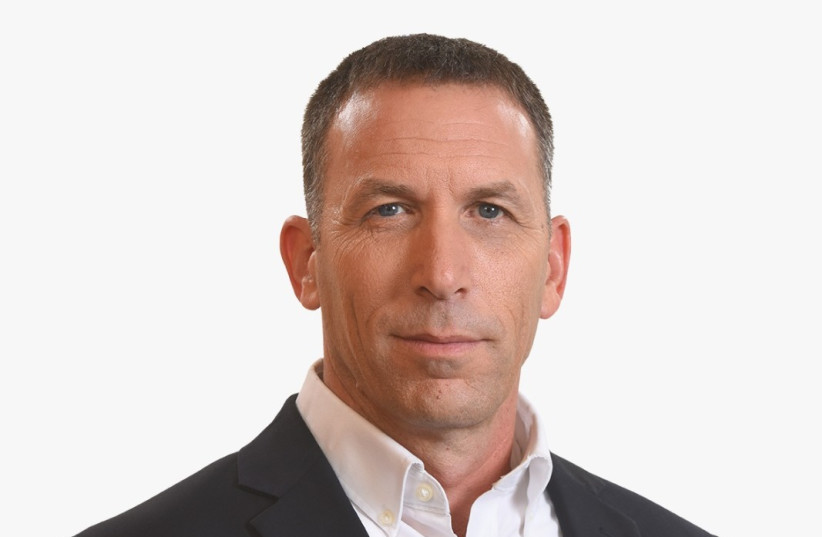Religious Services Minister Matan Kahana met on Thursday with leaders of women's halachic study programs in order to learn about their needs and to initiate a collaboration between them and the government, which until now has not acted in support of their programs.
In Israel, there are a number of advanced Halacha study programs for women with families who want to deepen their knowledge in the world of Jewish law and make it an integral part of their lives. Several dozen have graduated and are certified to serve as halachic leaders.
However, the Israeli government over the years did not act to advance these programs, partly because the Religious Services Ministry had been in the hands of ultra-Orthodox Shas Party since 2008 other than a two-year hiatus. The party's worldview includes differing gender-based familial roles and therefore it opposes advanced halachic and talmudic study for women.
Kahana was accompanied by fellow Yamina MK Nir Orbach and Religious Services Ministry Director-General Shimon (Moni) Ma'atuk.
They met some of the brightest stars in the world of women's Halacha study.
These included Rabbanit Chana Henkin, head of the Nishmat seminary; Noa Lau, head of the Halachic Advisor training program at Nishmat; Rabbanit Michal Tikochinsky, head of the Halacha program at the Migdal Oz seminary; Rabbanit Deborah Evron, head of the Institute for Halachic Leadership at the Lindenbaum seminary; Rabbanit Racheli Frankel, head of the Halacha program at Matan seminary in Jerusalem; Rabbanit Oshra Koren, head of Beit Midrash Matan in the Sharon; Rabbanit Batya Kraus, a teacher at the Halacha program at Matan in the Sharon; Rabbanit Rachel Keren, head of Beit Midrash Ein HaNatziv; and Rabbanit Maly Shtrigler, Halachic Advisor and graduate of Nishmat, Matan and Beit Morasha.
Kahana was exposed at the meeting to the unique needs of the different study programs,with the rabbaniyot (women rabbis) presenting the programs and the positions their alumni currently hold in communities across the country.
At the end of the meeting, Kahana stressed the importance he saw in women's study of Torah and the growing need for women Torah leaders. In addition, the sides agreed on a path to expand the collaboration between the study programs and the Religious Services Ministry.
"This is a very exciting meeting and it is worthy that the government should assume responsibility and take part in advancing the programs," Kahana said, adding that he was thrilled to be living in a generation where Torah study is thriving.

